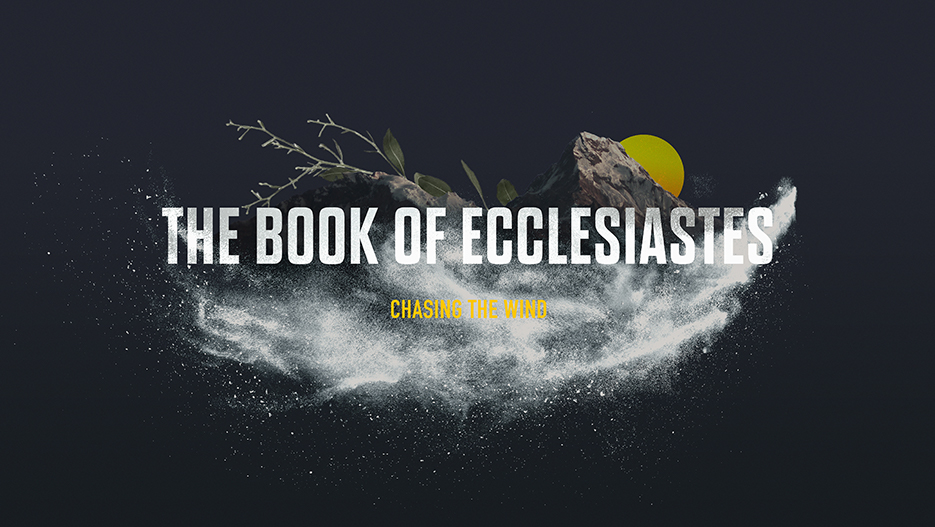Tonight we are gathering to discuss Ecclesiastes 3. One of the keys to understanding the Speaker’s despair is the general lack of any understanding of the afterlife or resurrection. In the Hebrew Scriptures, the dead go to Sheol. Sheol is a morally neutral place. It is similar to Hades in Greek mythology where the shades reside. Isa 14:9-11. The dead can be summoned back to the land of the living (1 Sam. 28), but this was punishable by death (Deut. 18:11). As Genesis 2:7 says, God formed “the man out of the dust from the ground and breathed the breath of life into his nostrils, and the man became a living being.” However, once that breath is taken away and returns to God, the body returns to the dust of the ground. Psalm 104:9. There is no immortal part of the person which goes to live with God. The breath belongs to God and simply returns to himself. Eccl. 12:7. The person does not continue. For the Speaker, dead means dead. Even during the time of Jesus, the Sadducees still held to this eschatological position. Acts 23. I have attached an excerpt from N.T. Wright’s The Resurrection of the Son of God (Ch.3)where Wright gives an in-depth treatment of the permanency of death in the Hebrew Scriptures along with some possible exceptions to this general idea.
Only in later post-Exilic Jewish religion does the understanding of an afterlife begin to develop. It is only during the time of the Jewish Maccabean Revolt against the Greek Seleucid rule in 167-160 BC that this idea of a final resurrection comes about. For example, Daniel states that “those who sleep in the dust of the earth shall awake, some to everlasting life, and some to everlasting contempt.” Dan. 12:2. During the Martyrdom of the Seven Brothers, one of the martyrs cries out that “the King of the universe will raise us up to an everlasting renewal of life, because we have died for his laws.” 2 Macc. 7:9. This period, however, is a least a century or two after Ecclesiastes.
One of the reasons I love Ecclesiastes is that it requires us to place the Resurrection of Jesus as the center of our hope. The Speaker knows wisdom and righteousness but also knows that death has the final say over all. As Paul reminds us, if there is no resurrection of the dead and if Christ has not been raised then our faith is pure vanity. 1 Cor. 15:14. For only in the Resurrection of Jesus is the finality of death, as contemplated by the Speaker, overcome. For only in swallowing up death in victory (1 Cor. 15:54) is the meaninglessness of our existence also defeated.
Dinner is at 6. The menu is sausage and peppers. Discussion about 6:45. Hope to see you here.
For we see that the wise die also;
Psalm 49:9-11, 19-20
like the dull and stupid they perish *
and leave their wealth to those who come after them.
Their graves shall be their homes for ever,
their dwelling places from generation to generation, *
though they call the lands after their own names.
Even though honored, they cannot live forever; *
they are like the beasts that perish.
They shall join the company of their forebears, *
who will never see the light again.
Those who are honored, but have no understanding, *
are like the beasts that perish.

